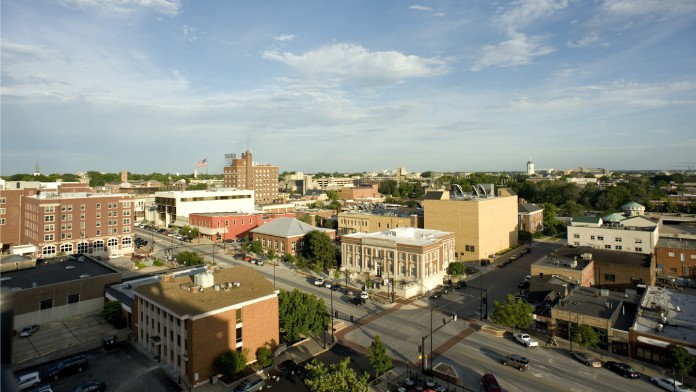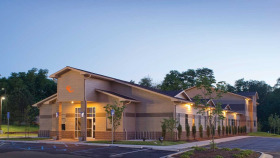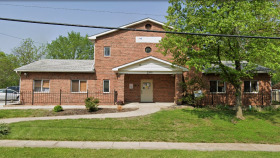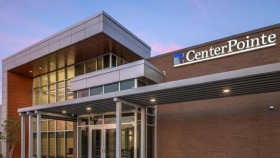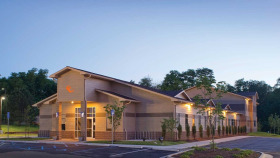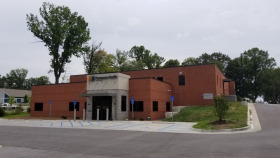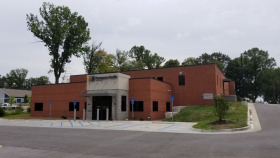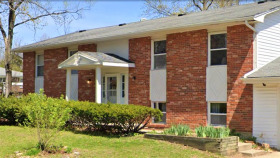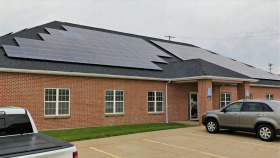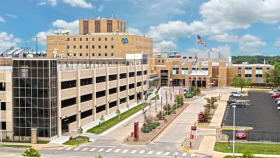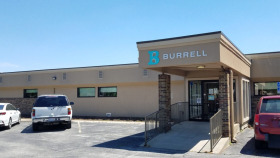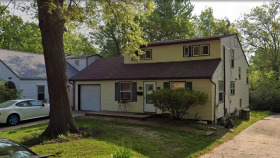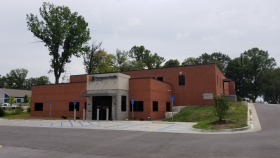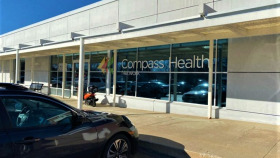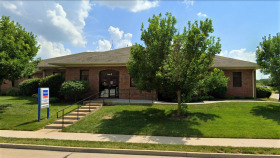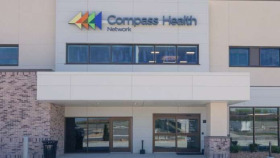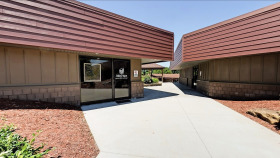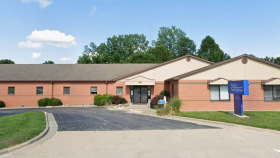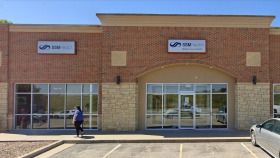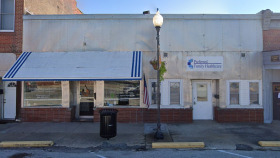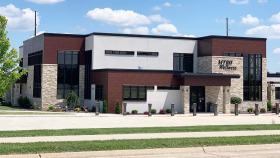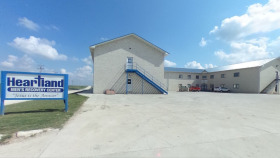Paying for Alcohol and Drug Rehab in Columbia
It is commonly thought that rehab is only affordable if you make a nice living. However, there’s quality care out there for all income levels. Costs will vary depending on the type of program (inpatient or outpatient), long-term or short-term stays, types of amenities offered, and location. You have plenty of options when it comes to paying for drug and alcohol rehab in Columbia, Missouri:
- Private health insurance: Health insurance is arguably the best way to afford treatment. All facilities generally accept private health insurance, however, the amount that your insurance will cover depends entirely on your policy’s behavioral health benefits. You’ll also need to make sure that your intended facility falls “in-network” with your insurance provider to get coverage.
- Medicaid: Medicaid provides health coverage to low-come individuals (with a few exceptions)5 and virtually all plans include behavioral health coverage. To be eligible for Medicaid, your income level must be below the federal poverty line, and you must be a legal resident of the state you’ll be receiving care in.5
- Medicare: Medicare provides insurance to people over the age of 65 and some younger individuals with disabilities. It covers a variety of substance abuse treatment services.
- Free rehab: Free centers are state-funded facilities that offer completely free or low-cost care for low-income individuals with no other options. This even includes methadone clinics that provide opioid addiction treatment medication, among other types of treatment.
Some free alcohol and drug rehabs in Columbia, Missouri, include:
- Family Counseling Center of Missouri – Columbia Outpatient Clinic.
- Burrell Behavioral Center.
- Preferred Family Healthcare Inc.
Alcohol and Drug Use Statistics in Columbia, Missouri
There’s a lot to learn about substance use disorders and their consequences in Columbia, Missouri. Let’s look at some of the most recent statistics for Columbia and Boone County:3,4
Missouri Alcohol and Drug Laws
Below are some relevant Missouri substance abuse and overdose laws:1
Alternative Sentencing: First-time nonviolent offenders and those on probation may be able to attend drug rehab through Missouri’s drug court system.
Missouri Good Samaritan Law: This law provides limited immunity from prosecution to people who call 911 to help a person who is overdosing.
Missouri Naloxone Access Law: Any Missouri resident can obtain naloxone without a prescription.
Addiction Treatment Settings
Compare drug and alcohol rehab settings to figure out the best one for you.
Professional Detox Treatment
Quitting drugs can often result in painful withdrawal symptoms. Fortunately, professional detox treatment can administer medications and medical care to reduce these symptoms and help you feel more comfortable.
Inpatient Addiction Treatment
Also called residential care, inpatient involves living at the facility while receiving various therapies, attending groups, and more.
Partial hospitalization programs (PHPs)
Partial hospitalization programs, also called day treatment, are the highest level of care you can receive while still living at home. You attend treatment every day for several hours each day, for a total of about 30 hours per week.
Intensive Outpatient Programs (IOPs)
A bridge between PHP and standard outpatient, IOPs involve a few hours of treatment, for three to five days per week.
Standard Outpatient
You attend therapy and counseling at a therapist’s office or clinic for a couple of hours every week.
Aftercare and Ongoing Support
An aftercare plan involves forms of continuing support that can sustain your sobriety and help prevent relapse, such as ongoing therapy and support groups.
Traveling for Drug and Alcohol Rehab in Columbia
Columbia, Missouri, is home to the University of Missouri. It sits as the principal city of the five-county Columbia metropolitan area and, as a result, is one of the state’s most populous cities.6
Attractions
You’ll find that Columbia is a very eclectic city with plenty to do. There are diverse restaurants, tons of shopping, entertainment, outdoor activities, gardens, golf courses, and other attractions.6 There are also plenty of cultural and historical sites, including the Avenue of the Columns, Boone Junction Village, and more.6
It should also be noted that the MKT is among the most popular parks for hiking and has been ranked second in the nation for the “Best Urban Trail” by USA Today.6
Accommodations
There are also plenty of places to stay throughout the city, including camping sites, boutique hotels, commercial hotels, bed and breakfasts, and Airbnb, so you shouldn’t have an issue finding something within your budget if you’re visiting a loved one.
Public Transportation
Lastly, Columbia, Missouri, hosts decent public transportation services via its Go COMO Public Transport. While the public transportation here is mainly dependent upon buses, you shouldn’t have an issue finding ride-shares or cabs if needed. The most walkable neighborhoods here are Tenth Hitt Elm Locust, Douglass Park, and Downtown. The rest of the city isn’t considered walkable and if you plan to stay a while to tour the city with a loved one staying in a treatment facility, it’s a good idea to rent a car to get around.
Resources
- Missouri Department of Health & Senior Services. (n.d.). Drug Overdose Dashboard – Fatal Overdoses.
- Missouri Department of Health & Senior Services. (n.d.). MO Hope Project – Good Samaritan Brochure.
- Missouri Department of Health & Senior Services. (n.d.). Boone County Opioids Fact Sheet 2019.
- Missouri Department of Mental Health. (n.d.). Substance Use Disorder Treatment – Fiscal Year 2021 Boone County.
- Centers For Medicare and Medicaid Services. (n.d.) Medicaid Eligibility.
- Columbia Convention and Visitors Bureau. (n.d.). What to Do in Columbia, Missouri.

